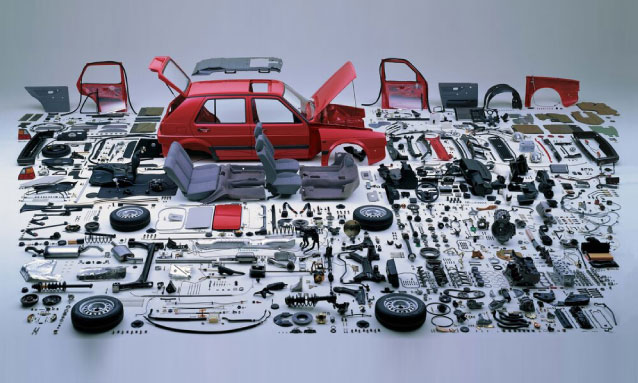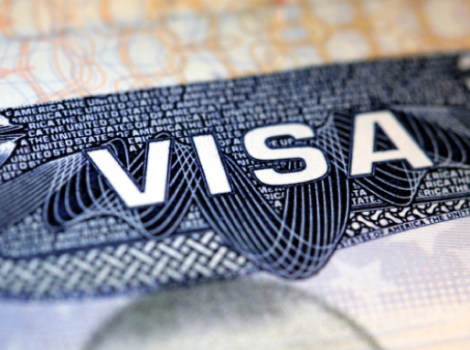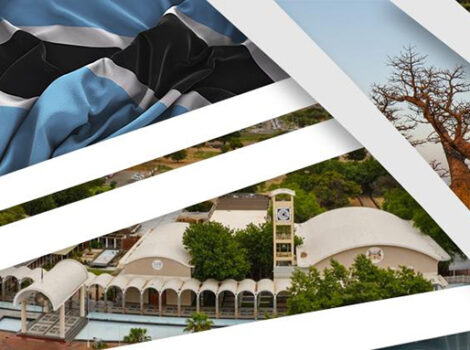
The Botswana government believes there is an opportunity for the country to participate in the South African automotive sector.
“Around 60% of the components used in South African vehicles are still imported from outside Africa. Given Botswana’s proximity to South Africa, we see this as an opportunity to vertically integrate into the ever-growing South African automotive value chain,” says Botswana High Commissioner to South Africa, Tshenolo Modise.
“We, as Botswana, are confident that we can comfortably host and provide a base for some of the component manufacturers who wish to supply the auto industry in South Africa.”
Modise says this move will diversify the Botswana economy from “its over-reliance on minerals”, while it will also create sustainable job opportunities in a country with a 24.5%
Diamonds make up 91% of Botswana’s exports.
Apart from component manufacturers supplying South Africa’s vehicle manufacturers, Modise adds that Botswana is also targeting replacement parts manufacturers, such as those making bumpers, carpets and brake pads, to set up shop in Botswana and use the country as a base for exports to the rest of Africa. The Botswana Government’s strategy is to pursue cross-border value chain linkages, adds Botswana Investment and Trade Centre CEO, Keletsositse Olebile.
“The challenge for Botswana is to develop a knowledge-based export-led economy.”
He says the upper-middle-income country offers well-managed inflation; international trade opportunities through a number of bilateral and multilateral trade agreements; a stable, literate workforce; sustained positive economic growth and A-grade sovereign credit ratings.
It is also the least corrupt country in mainland Africa. Olebile says Botswana is “right at the centre” of the Southern African Development Community, and in close proximity to the majority of automotive plants in South Africa. He notes that Gaborone is only 350 km from Rosslyn, in Pretoria, where the Nissan, Ford and BMW plants are located, and 917 km from Durban, where Toyota is based.
“The companies already in Botswana have not been reporting difficulties in delivering their goods on time,” says Olebile.
These companies include Kromberg and Schubert, which produce wiring sets, and Chloride Botswana, which makes automotive batteries. He also said at 22%, corporate tax in Botswana is low. However, a new manufacturer may pay 15% corporate tax. Special economic zones may offer ever bigger advantages, such as 5% corporate tax for the first ten years and 10% thereafter, fast-track land allocation, 99-year land leases and a 25% waiver on the cost of State land. Olebile said that power supply would also not be a problem, with Botswana expected to be fully self-sustained on energy supply by the end of 2023.
Modise and Olebile spoke during a webinar titled ‘Creating a competitive auto industry in Botswana’, hosted by Deloitte.



